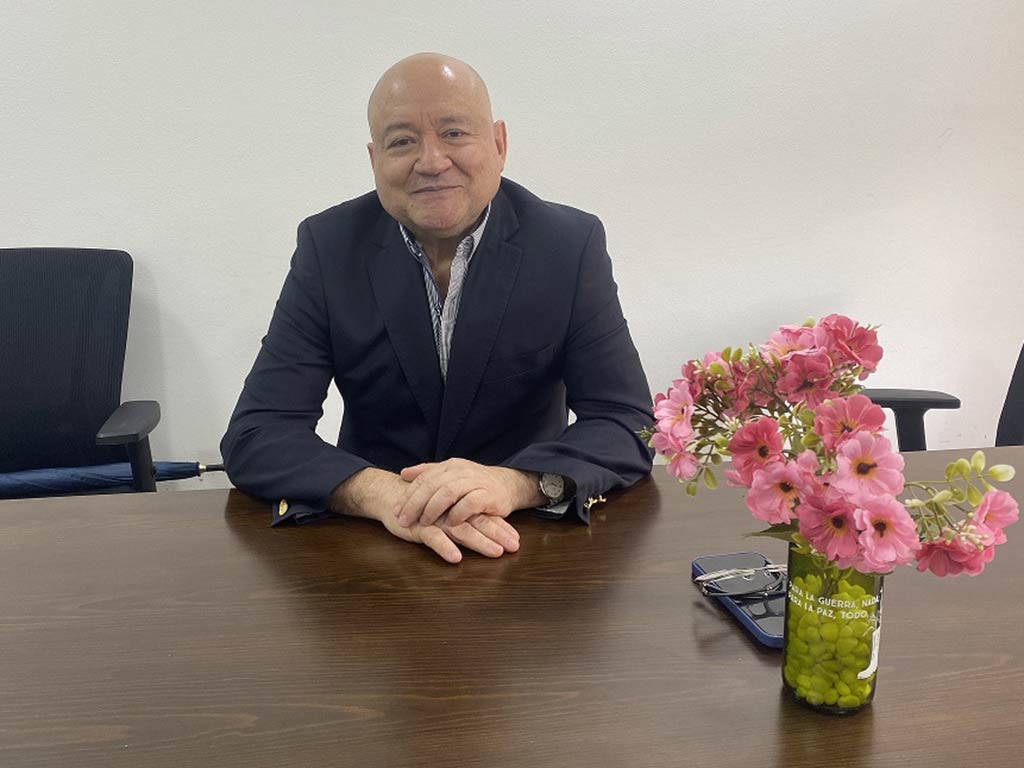Gallo, who is a former member of the last secretariat of the former Revolutionary Armed Forces of Colombia-People’s Army (FARC-EP), told Prensa Latina that they always viewed the implementation of the pact as an eminently political matter.
The senator recalled, “The government that followed that of Juan Manuel Santos (2010-2018) was opposed to the agreement, and that generated a huge political problem because it was like to go against the tide for four years.”
He added, however, that a bloc of political and social forces was formed during that period to prevent the complete collapse of the process.
He emphasized, “What I mean is that you cannot assess the implementation in mechanical terms, simply by listing which points have been fulfilled. No, this is a political problem, a problem of the correlation of power.”
In his view, the agreement unleashed a process of political and social transformation that brought about unprecedented changes, such as the arrival of the first progressive government.
The signing of the Final Peace Agreement, which took place at the Colon Theater in this capital and marked the end of nearly four years of negotiations in Cuba, and more than 50 years of armed conflict with the FARC-EP, will mark its 9th anniversary on November 24.


